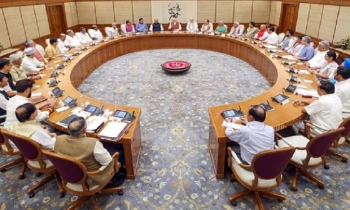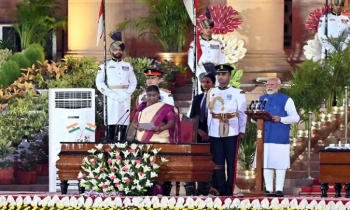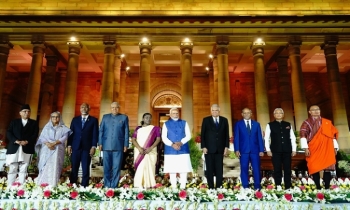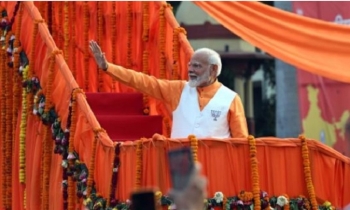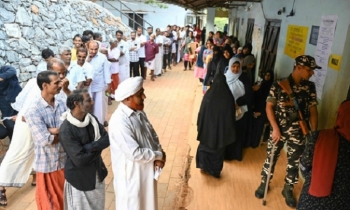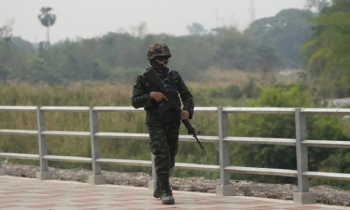Cold wave, fog disrupt normal life in northern India
BI Report || BusinessInsider

Photo: Collected
The people of many parts of northern India are experiencing a severe and prolonged cold wave that has thrown normal life out of gear.
Dense fog has delayed more than a hundred flights and dozens of trains, causing disruption at airports and railway stations in India.
In the wake of the cold wave, the concerned authorities in capital city Delhi have asked schools to extend winter holidays and cancelled classes.
The minimum temperature in parts of the city dropped to 1.9 degree Celsius on Sunday, reports BBC.
Other northern states have also been grappling with an acute cold wave with temperatures plummeting to -6C (21F) in Indian-administered Kashmir.
India’s weather department declares a cold wave when the minimum temperature is less than 4C.
The meteorological department has asked people to ‘avoid or limit outdoor activities’ until the weather condition improves.
It has also warned people to be careful while driving through dense fog.
The severe cold is also expected to cause health issues, especially in Delhi, which also experiences severe pollution levels during winter months.
The extreme cold has been particularly hard for India's homeless population, who often sleep beside the road and at railway stations.
Delhi on Sunday witnessed one of the foggiest days of the season so far, with a thick mist covering the city for several hours.
Reports said poor visibility led to delays in more than a hundred flights at the Delhi airport while several had to be diverted to other places.
The Indian railways - which carries some 23 million passengers daily - said that around 29 trains were running late in northern India.
The foggy conditions have continued on Monday with vehicles seen driving slowly on the roads. Domestic airline IndiGo tweeted that flight timings were affected "due to dense fog and poor visibility" in Delhi, and advised passengers to check their flight status before leaving for the airport.
Officials have said that they expect the cold wave to begin subsiding from 10 January.


